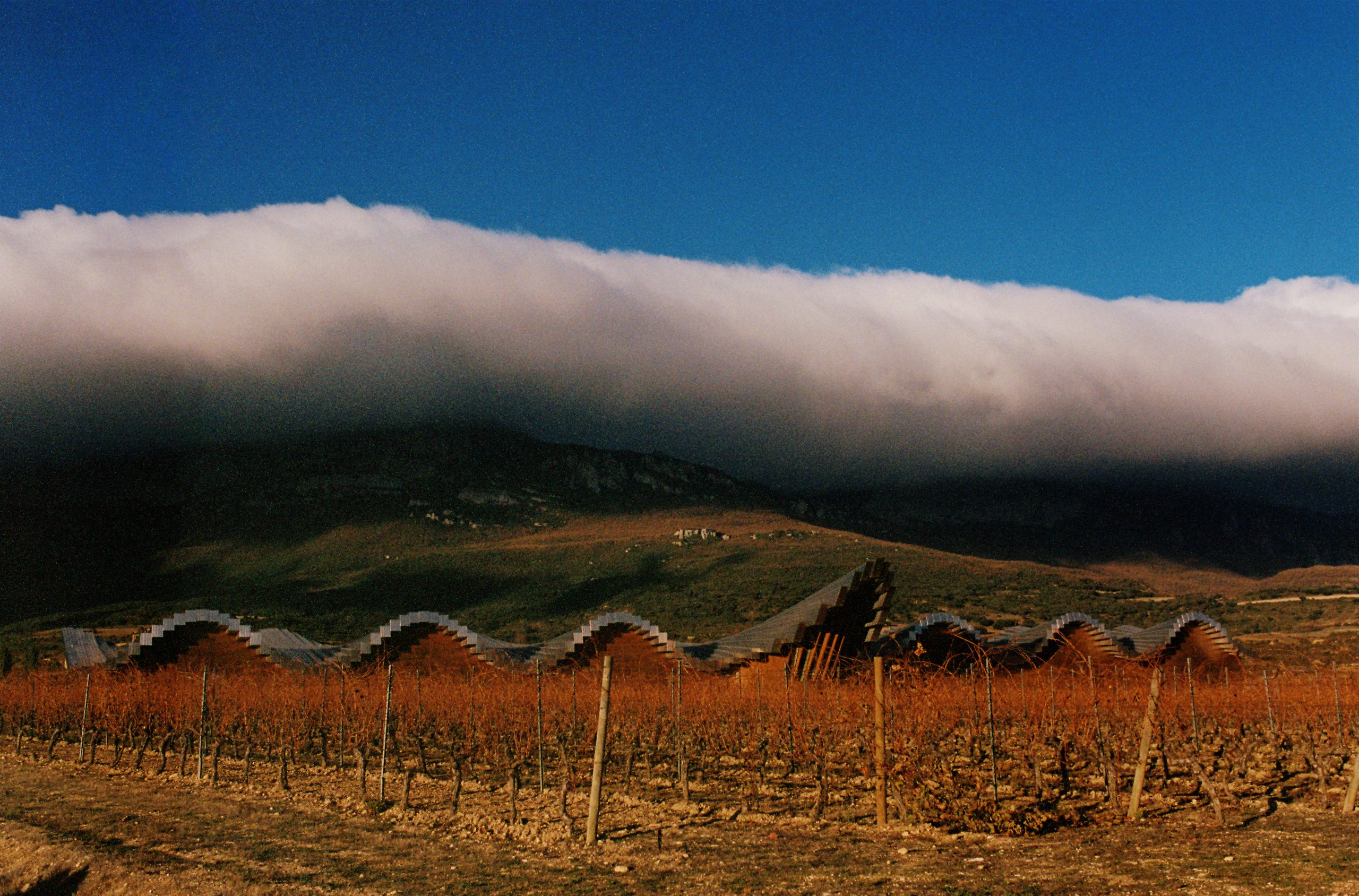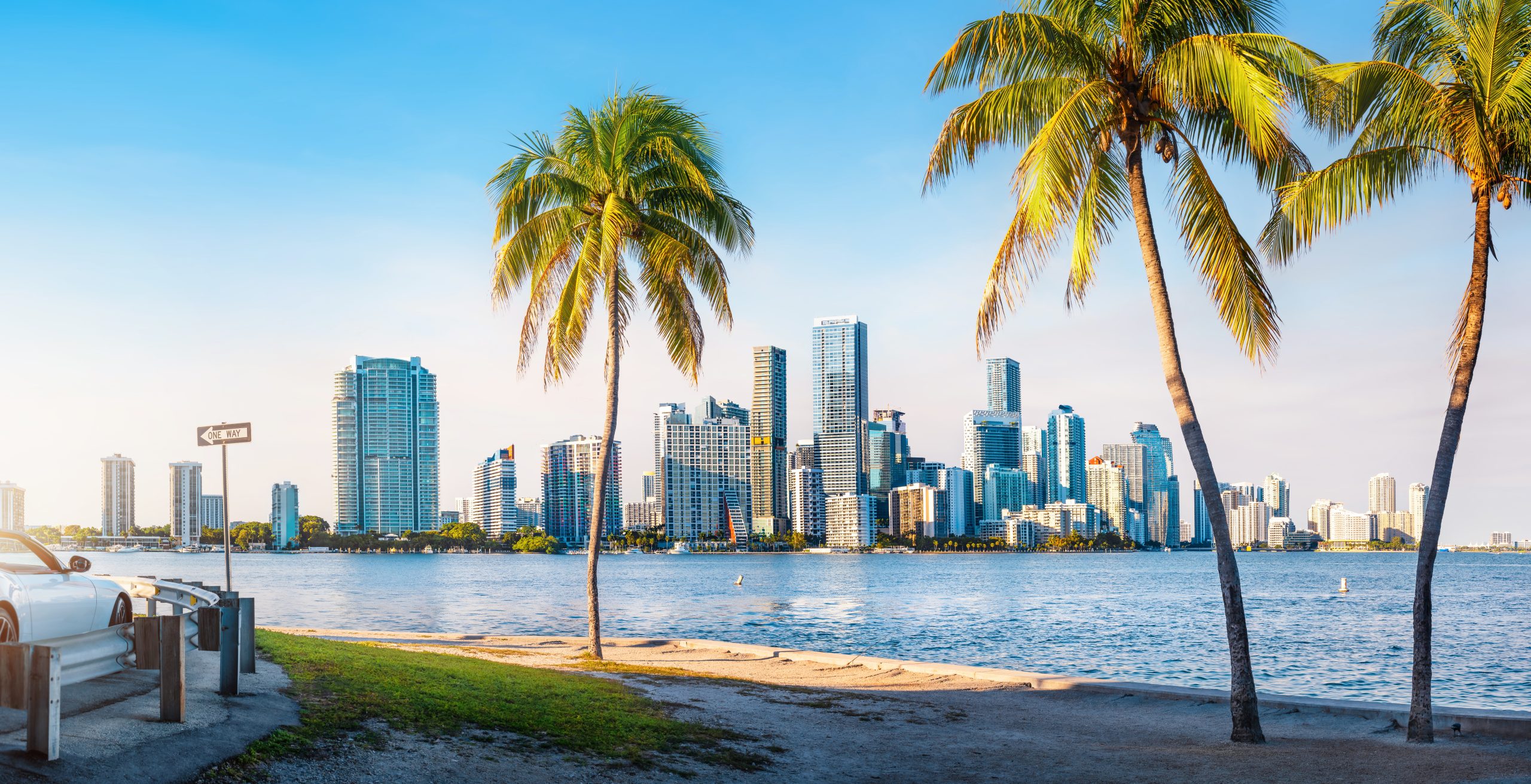Drinks industry ‘bitterly disappointed’ by government ruling on low/no alcohol labelling
Drinks industry leaders have slammed the Department of Health and Social Care’s decision not to change the current descriptors for low and no-alcohol products.
Earlier this year, the Department of Health and Social Care launched a consultation into whether the current descriptors for low- and no-alcohol products resonate with consumers and industry. The current labelling regulations are due to expire next month.
Under the current rules, producers can only label a product as “low alcohol” if it has an ABV below 1.2%. Alcohol-free products must be 0.05% ABV or lower, and anything with an ABV of 0.5% should be called “de-alcoholised.” Drinks producers and industry leaders said the current guidelines are confusing for consumers. While some argued that the guidelines should be made to match those used in the EU, others said the maximum ABV for low alcohol drinks needed to be raised.
Initially the DoH said it would announce its decision in December 2018.
But the DoH sent a note to industry insiders who took part in the consultation on Monday 12 November, saying there was no “compelling new evidence” to suggest there was a need to raise the current threshold for low-alcohol labelling.
The note, seen by the drinks business, added that the department would keep the descriptors “under review” once they are renewed at the end of the year.
Brigid Simmonds, chair of the British Beer and Pub Association, said the outcome was “bitterly disappointing” for UK brewers.
“Changing the current definition of ‘alcohol free’ beer from 0.05% ABV to 0.5% ABV – as we suggested during the consultation process – would have brought the UK in line with the rest of Europe and other global markets.
“This creates the perverse situation whereby beers at 0.5% ABV produced in Europe can be sold in the UK as “alcohol free”, but British brewers brewing at the same strength must label their beer differently.”
A number of breweries specialising in lower-ABV drinks have sprung up in recent months, including Small Beer Co, which launched in 2017 and brews a range of beers which have ABVs between 0.5% and 2.8%.
In the 12 weeks to 12 August 2018, sales of no-alcohol beers were up by 58% compared with the same period last year, according to Kantar World Panel.
Simmonds said the Government “has failed to implement changes that would enable Britain’s brewers to further innovate and promote lower strength drinks to stimulate this growth further.”
The Department of Health & Social Care did not immediately respond to a a request fir comment from db, although a spokesperson said a public announcement would be made at the end of the year.
Partner Content
The Portman Group, the alcohol industry’s watchdog, suggested the following changes to the guidelines:
– Remove the term ‘de-alcoholised’ as consumers find this confusing
– Introduce a minimum strength of above 0.5% ABV to the category of ‘low alcohol’ to go up to and include 1.2% ABV
– Raise the ‘alcohol-free’ threshold to 0.5% ABV from where it currently sits at 0.05% ABV and bring the UK into line with other European countries
– Both ‘alcohol-free’ and ‘non-alcoholic’ could be used interchangeably to describe products of 0.5% ABV or less, which would reflect current market-use and consumer perceptions
John Timothy, Portman Group chief executive called the decision “a huge missed opportunity.”
“Clarity and consistency on descriptors would have brought the UK into line with the rest of Europe, creating a level playing field for our drinks producers as well as giving consumers greater clarity around what they are buying.
“Producers continue to invest heavily in the development of new and exciting low and no products but this risks being undermined by an insistence on retaining outdated and confusing product descriptors.”





This is a very interesting post. I’m alcohol free for ten months now and am trying to set up a stall in my local town to sell alcohol free beer as there is little in the way of choice in the pubs in my town. I have just emailed my local Council to this effect and await their reply, but putting out feelers to more than one entity is necessary to gain a more in depth knowledge of where I stand legally. After all, it’s practically a soft drink, isn’t it?
I intend to go to the USA to write a book about the subject of alcohol free brewing next year as well. Any help on current legislation would be great to help me defend myself when the “naysayers” come to my stall – and they will come, you can be sure of that!